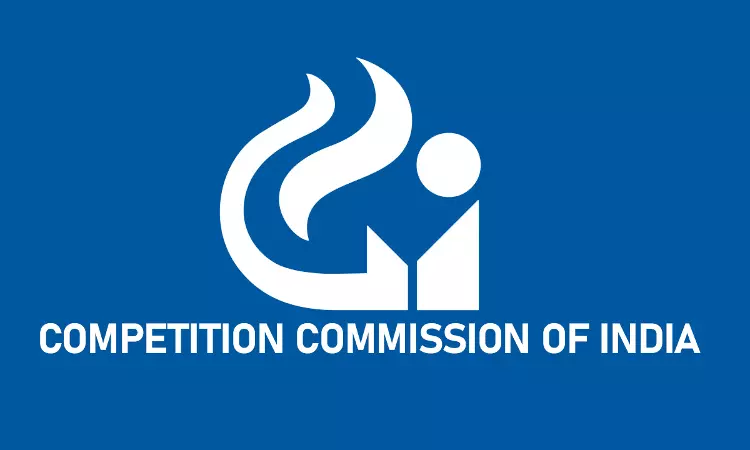- Home
- /
- Consumer Cases
- /
- Not Advisable To Intervene In...
Not Advisable To Intervene In Matters Lacking Anti-Competitive Conduct, CCI Dismisses complaint against Pharma Entities
Smita Singh
5 May 2024 4:30 PM GMT
The Competition Commission of India (CCI) bench, consisting of Ms Ravneet Kaur (Chairperson), Mr Anil Agrawal (Member), Ms Sweta Kakkad (Member), and Mr Deepak Anurag (Member), held that in the absence of evident anti-competitive behaviour, decisions concerning the purchase or sale of products are primarily influenced by the commercial considerations of market players. Consequently, the...
The Competition Commission of India (CCI) bench, consisting of Ms Ravneet Kaur (Chairperson), Mr Anil Agrawal (Member), Ms Sweta Kakkad (Member), and Mr Deepak Anurag (Member), held that in the absence of evident anti-competitive behaviour, decisions concerning the purchase or sale of products are primarily influenced by the commercial considerations of market players. Consequently, the CCI closed information filed against various pharmaceutical entities for allegedly neglecting to promote a dietary supplement, as there was no vertical agreement among them.
Brief Facts:
Mr. Somnath Banerjee (“Informant”) filed an information before the Competition Commission of India (“CCI”), alleging a breach of Section 3(4) read with Section 3(1) of the Competition Act, 2002, against various entities such as hospitals, pharmaceutical companies, e-pharmacies, associations, and certain government departments/authorities (“Opposite Parties”). The Informant contended that he invented 'Protestin', a dietary supplement to improve digestion and reduce pain and inflammation. He was granted a patent certificate by the Patent Office for the same. Protestin was sold by Reserca Health Care Pvt. Ltd. (“Seller”) in the form of sachets.
However, the product faced marketing and promotion hurdles due to non-cooperation from private hospitals, the Federation of Medical and Sales Representatives, online pharmacies, MNCs, distributors, doctors, exporters, the Indian Drug Manufacturers' Association, and medicines shops. Despite being reasonably priced, barriers such as lack of permission from the Food Safety and Standards Authority of India (“FSSAI”) and competition from other brands hindered its promotion. On this basis, the Informant claimed a loss of Rs. 2-3 Lakh due to the product's inadequate promotion and alleged that most organizations/companies did not respond to marketing proposals.
The Informant sought relief, including allowing free and fair marketing in specified and non-specified premises, disallowing contravention under the Act, providing Rs. 3 Lakh compensation for damages caused and permitting digital marketing and virtual communication for promotional purposes.
Observations of the Commission:
The CCI observed that the Informant was primarily aggrieved by the lack of marketing for his patented dietary supplement, 'Protestin,' allegedly due to non-cooperation from the Opposite Parties. The Informant claimed this behavior violated Section 3(4) read with Section 3(1) of the Competition Act.
After perusing Section 3(4) of the Competition Act, the CCI noted that it necessitated the existence of an agreement between vertically related players causing or likely to cause an adverse effect on competition in Indian markets. After reviewing emails sent by the Informant to various entities, including some Opposite Parties, the Commission concluded that these emails aimed at soliciting business for the product, without indicating any agreement or arrangement as required under Section 3(4) of the Competition Act.
The CCI reasoned that in the absence of apparent anti-competitive conduct, commercial considerations of market players predominantly drive decisions regarding product purchase or sale. Consequently, intervening in cases where anti-competitive behaviour is not evident might not be advisable.
In light of these observations, the CCI found no evidence of an agreement among the Opposite Parties that could be deemed anti-competitive under Section 3(4) of the Competition Act. Hence, the CCI concluded that there was no contravention of Section 3(4) read with Section 3(1) of the Competition Act. Conclusively, the matter was closed under Section 26(2) of the Act.
The Secretary was instructed to communicate these findings to the Informant accordingly.
Case Title: Somnath Banerjee vs Apex Lab and Others
Case No.: 01 of 2024


